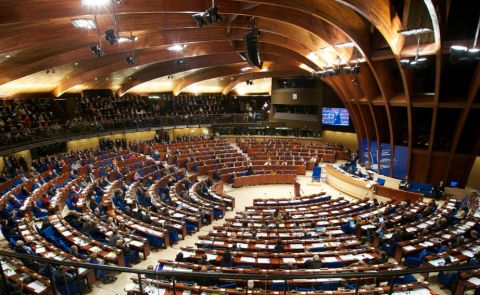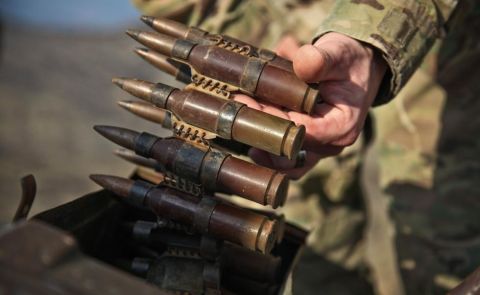
Recent developments regarding Armenia-Iran relations
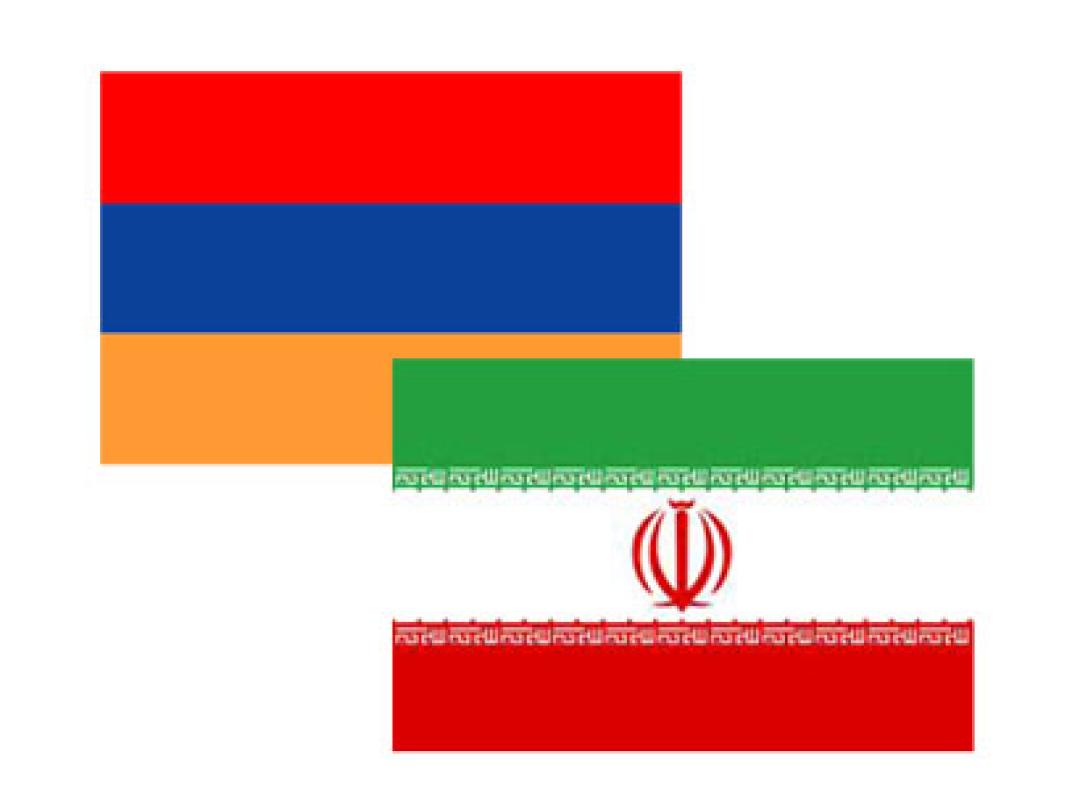
Industrial town will be opened between Armenia and Iran
An agreement was reached between the two countries on the construction of the Iran-Armenia Joint Industrial Campus in the summer of 2021. According to the agreement, the town will focus on the development of small and medium-sized industries.
The agreement also includes the development of bilateral cooperation, offering relevant trade opportunities to all stakeholders, improving the investment climate, and establishing an implementation mechanism to develop stronger trade relations between the parties.
While trade between Iran and Armenia has reached $500 million in recent years, the agreement provides an opportunity to increase trade between the two countries to $1.2 billion.
The chairman of the Iran-Armenia Joint Chamber of Commerce said: "We have recently talked to the chairman of the Iranian Industrial Campus Union, Ali Rasulian, about the launch of the industrial campus. He said that so far, they have not succeeded in establishing an Iranian-Armenian industrial campus. It seems that this requires a parliamentary decision."
Iran and Armenia will jointly control pollution of Araz River
The executive director of Iran's Araz Free Economic Zone said "monitoring of pollution of the Araz River by the Iran-Armenia joint control working group will be resumed."
Mohsen Nariman stated that “a memorandum of understanding was signed between the Araz and Iran's Mehri Free Economic Zones at the 17th meeting of the Iran-Armenia Joint Economic Cooperation Commission. In order to investigate the pollution of the Araz River, one of the most important issues agreed in paragraph 1 of the agreement on energy, water and the environment, the Joint Monitoring Working Group of Iran and Armenia decided to resume monitoring of the Araz River.”
"According to the memorandum, the importance of continuing joint monitoring and biomonitoring of water quality and sediments of the Araz River was stressed. It was agreed to resume the activities of the joint monitoring working group of the two countries to investigate the pollution of the Araz River and to conduct joint monitoring," he added.
Iranian technical and engineering services will be exported to Armenia
Armenian Minister of Regional Administration and Infrastructure Gnel Sanosyan, while visiting the Tehran-North highway together with Iranian Deputy Minister of Roads and Urban Development Kheirollah Khademi, stressed the importance of using the opportunities of Iranian companies in the field of technical and engineering services.
The Armenian minister added: "The Armenian government is interested in the construction of the North-South corridor in cooperation with Iranian companies and specialists and understands the importance of this step."
"Relations between Iran and Armenia are important for the expansion of international transportation and transit, and we strive to have quality roads so that people can travel comfortably and completely safely on these roads," Sanosyan said.
Iranian Oil Minister: “Iran is ready to carry out a gas swap operation from Turkmenistan to Armenia”
During the meeting with the Minister of Regional Administration and Infrastructure of Armenia, the Iranian Oil Minister stressed that the Iranian gas network is ready to launch a gas swap operation from Turkmenistan and increase gas exports to Armenia.
After meeting with his Armenian counterpart Gnel Sanosyan, Javad Owji said that positive and constructive talks were held between the parties. “We will achieve good results in this area in the near future." Stressing Iran's readiness to carry out a gas swap operation from Turkmenistan to Armenia, the Iranian minister added, "today, positive agreements have been reached in the talks on increasing exports of gas, petrochemicals, and comprehensive development of bilateral relations."
Armenian government apologised to Iranian drivers
Armenian Minister of Regional Administration and Infrastructure Gnel Sanosyan said at a meeting with Iranian Minister of Roads and Urban Development Rostam Ghasemi that Armenia is very interested in completing the North-South corridor. He said "completion of this corridor can not only lead to an increase in Iranian-Armenian relations, but also increase international transit."
"The Armenian government considers the completion of the North-South corridor a priority and is implementing the project rapidly. Currently, the corridor is busy building infrastructure in neighbouring provinces," Sanosyan added. In conclusion, he said he was pleased with the participation of Iranian companies in the completion of the corridor. “We are trying to standardise the alternative route."
Armenia offers Iran new format for gas supplies to the republic
Minister of Territorial Administration and Infrastructures of Armenia Gnel Sanosyan, during a meeting with Iranian Oil Minister Javad Owji in Tehran, presented Yerevan's proposals on a new format of an agreement on the supply of Iranian gas to Armenia in exchange for electricity. The Iranian side expressed its readiness to consider the proposals of colleagues from the neighbouring country.
The parties also touched upon the issues of oil refining, as there is a small enterprise in Armenia that processes bitumen and produces road tar. They discussed the supply of bitumen for road construction works in Armenia.
Minister Sanosyan noted that active construction and repair of roads is underway in the republic, so the supply of bitumen at affordable prices would greatly help in their implementation.
For several years, the Iranian side has been raising in negotiations the issue of increasing the ratio of natural gas supplied to Armenia and electricity received in its favour. From 1 cubic meter of gas supplied to Armenian thermal stations, 4-4.5 kilowatt-hours of electricity are generated, of which the Armenian side gives Iran 3 kW/h. As a result, Armenia is left with a surplus of electricity, and Iran is relieved of the need to build new thermal power plants in its north-western border regions.
The capacity of the Iran-Armenia gas pipeline is about 2.2 billion cubic meters per year. Now, up to 370 million of them are involved - these are Iranian gas supplies for the operation of thermal power plants in Armenia under a barter scheme: 1 cubic meter of gas in exchange for 3 kW/h of electricity.
Armenia's Deputy Prime Minister: "Railway connectivity with Iran is among Armenia's goals"
Mher Grigoryan, Armenia's Deputy Prime Minister, stated that constructing a railway link between Armenia and Iran is one of Yerevan's top goals. Grigoryan spoke at the 17th meeting of the Armenian-Iranian intergovernmental committee in Yerevan.
"We value agreements reached in the fields of energy and transportation, particularly the extension of the gas and electricity swap contract, the establishment of the North-South quadrilateral energy connection, and the establishment of the Persian Gulf-Black Sea international transport corridor," Grigoryan said.
Persian language to be taught in Syunik region of Armenia
At a meeting with the Iranian ambassador to Armenia, high-ranking officials of the southwestern Armenian province of Syunik said that Persian will be officially taught in the centre of the province. The mayor of Kapan, Gevork Parsian, said at a meeting with Iranian Ambassador to Yerevan Abbas Badakhshan Zuhuri that Persian will be taught in schools in Kapan from September this year.
According to him, an Iranian consulate is planned to be opened in the city in the near future. "Relations with Iran are very important for Armenia, especially for Syunik. Therefore, this region is ready to do its best to strengthen bilateral relations," said Robert Gukasyan, head of the Syunik region.
Iran and Armenia agreed to open a consulate in Kapan nine months ago. Badakhshan Zuhuri also stressed that Tehran is interested in the construction of the North-South corridor through the Sunik, adding that Iranian companies want to participate in the construction of this important project.
See Also

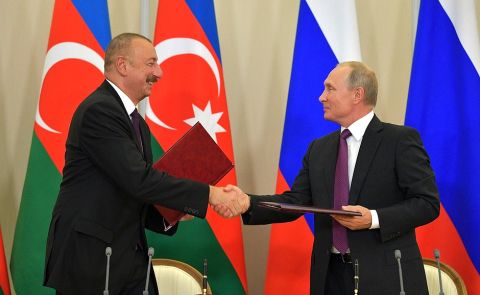
Aliyev and Putin Discuss Strengthening Azerbaijani-Russian Ties in Moscow
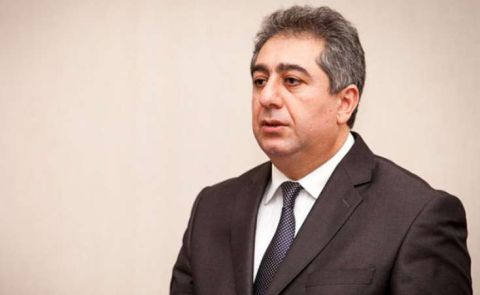
Azerbaijani Economist and Critic Gubad Ibadoglu Shifted to House Arrest Amid Health Concerns

U.S. Human Rights Report Flags Deep Concerns in Georgia: Torture, Corruption, and Judicial Woes
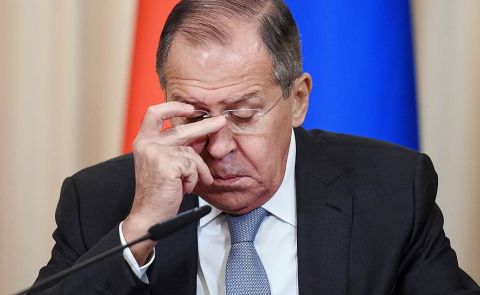
Russian FM Addresses Western Efforts to Distance Armenia from Russia
